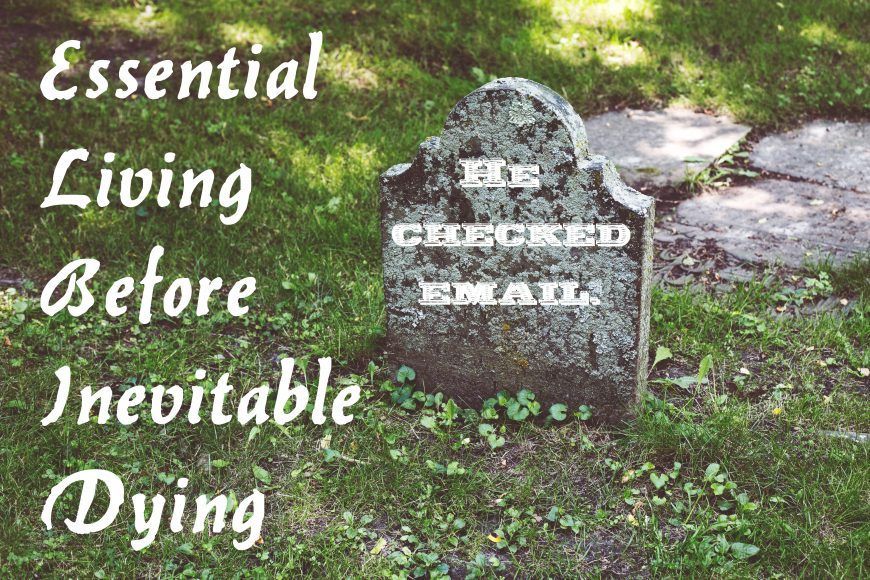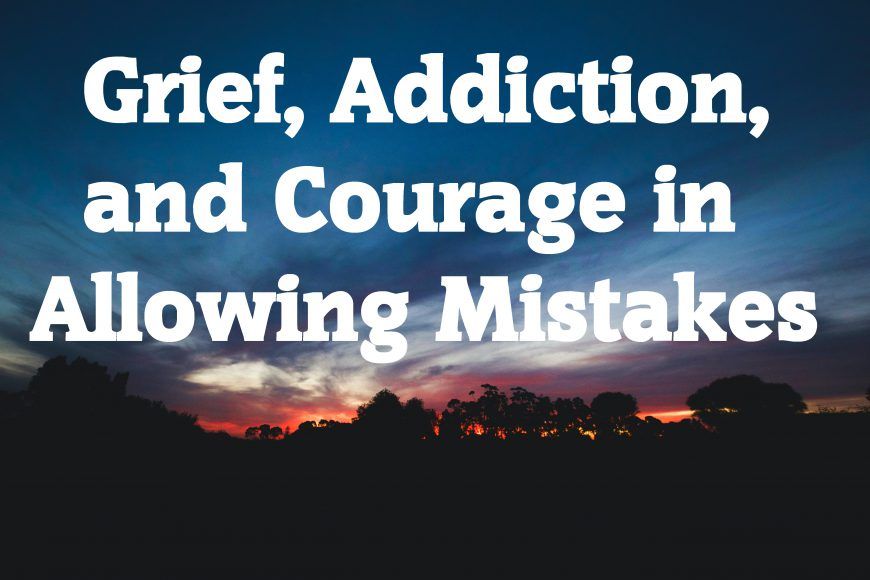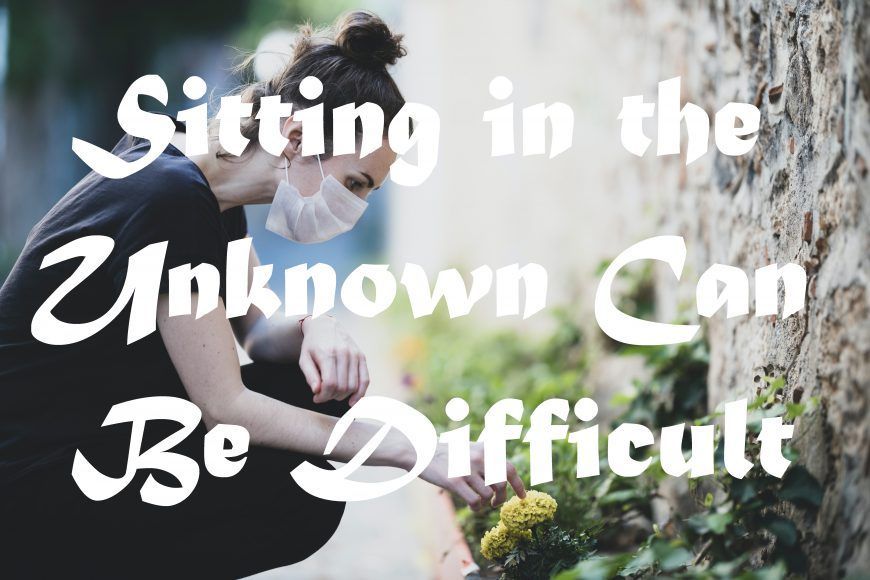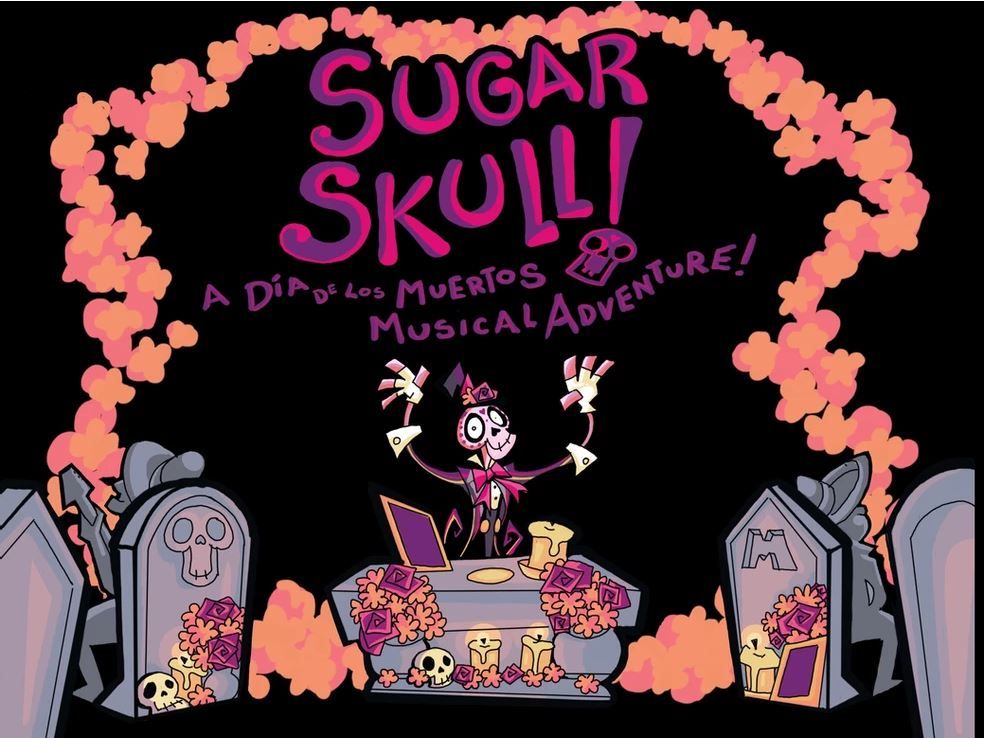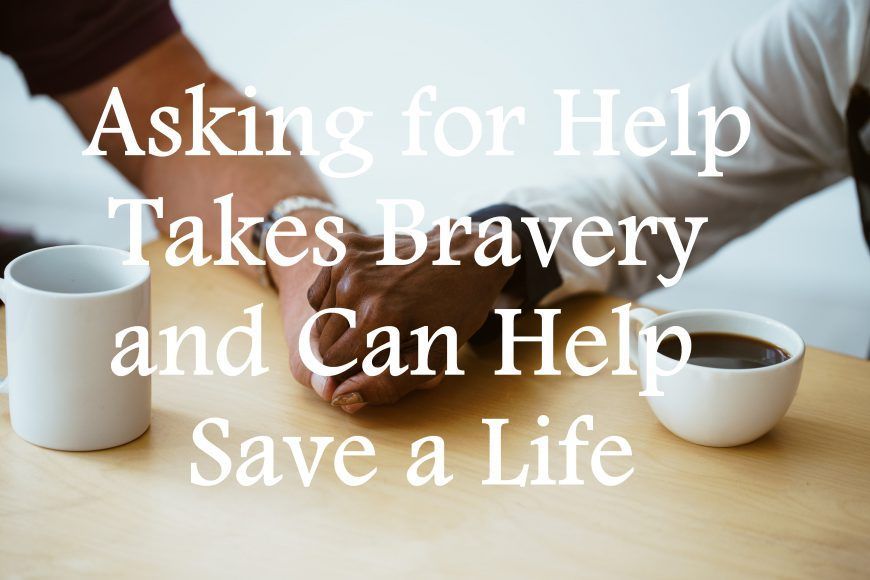Blame: A Great Indicator to Look Within
Dear Ted,
There have been so many upset people in the media, within our families and in our communities. I am observing people getting so angry, being super sensitive and feeling resentful toward others. What is going on? I know you can’t answer that, but how do you see our world moving through this difficult time? Thank you and I look forward to seeing how you answer this.
Thank you, What’s going on?
—
Dear What’s Going On,
I love the name you chose. It is a very good question and many many difficult issues are in the world right now. Part of the difficulty stems from the inundation of negative information from the media, at the coffee shop or even in our own homes. Biologically, living things (That includes humans!) lean towards whatever or wherever the energy is being resourced. Sorry to say, there is a lot of energy around these negative events and it seems as if it has become easier to move towards that negative energy rather than finding positive energy to focus on. Positive energy allows choice, creativity and passion to bloom every day we are gifted with life.
Often you may have a temper tantrum when the world isn’t going the way you want it to. A conscious or unconscious expectation that an external source will take you’re your discomfort can develop. What is an external source? Blaming others, demanding others change or serve, wanting the world to do things differently than they are are all good examples of looking to external sources for change.
Other external sources can be emotional distractors. These come in the form of addictions. These can manifest as alcohol, substances, gambling, internet, drama, shopping, and any other distractions you may use to avoid the present issue.
The problem is, when the distractor is gone, the issue is still staring you down. Realizing, as you mature, that the only true place that peace can happen is inside you leads to the realization that the only true rescue comes from your self with supports from the outerworld. Look at healthy boundaries, ask yourself where you can empower yourself and what kind of action can you take for a one step at a time type of philosophy.
The world has become too comfortable with blaming others and demanding discomfort be taken away by others. The problem is that this just leads to more discomfort. People make mistakes and are navigating their own stressors. Possibly others are dealing with trauma in their present life and you may not be the top priority. Perhaps there was an oversight and you felt wounded and forgot that others matter as well.
Remembering that each person is doing the best they can in that moment will help you to first, look inside yourself and see what you can do in this situation rather than demand others to take the pain away. Each person is navigating a very full plate. Perhaps people around you will be able to support you well or change some of their actions, but really, the only person who can take your dis-ease away is yourself. Empower yourself to find joy and happiness within. It does not come from external sources.
The feeling of anger, irritation or frustration is a good reminder to look within yourself spiritually, mentally, emotionally, and physically and see where there is room to support yourself, ask for help, and have empathy for others. This formula will allow serenity within, no matter how little peace there is in the outer world. I wish you well.
Until next week, take care,
Ted
This article was published in The Taos News on August 16, 2016, and is republished here with permission by the writer, Ted Wiard, LPCC, CGC, Founder of Golden Willow Retreat, a nonprofit organization focused on emotional healing and recovery from any type of loss. Visit goldenwillowretreat.com/media-blog/teds-archived-articles/ for more of Ted’s articles.

